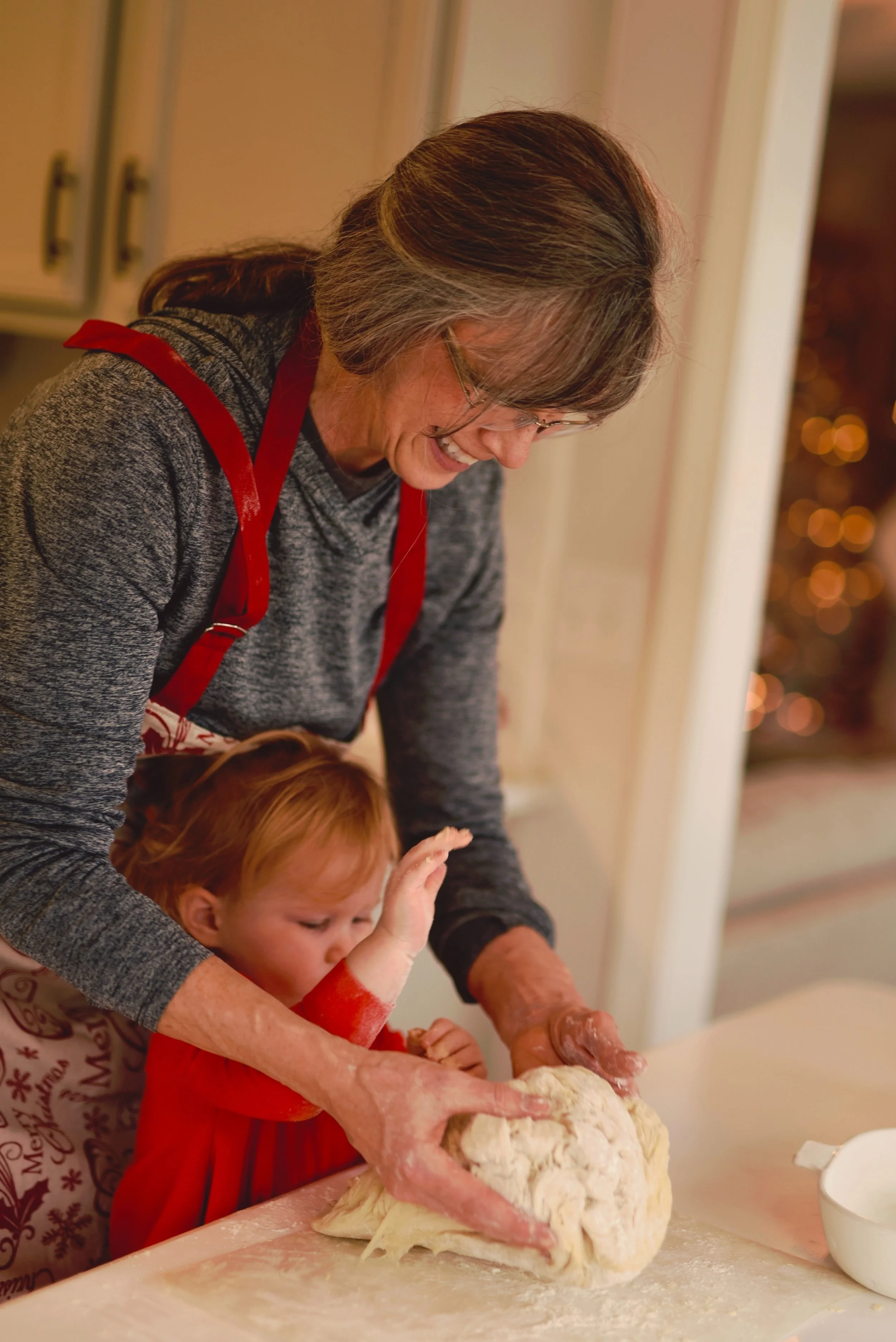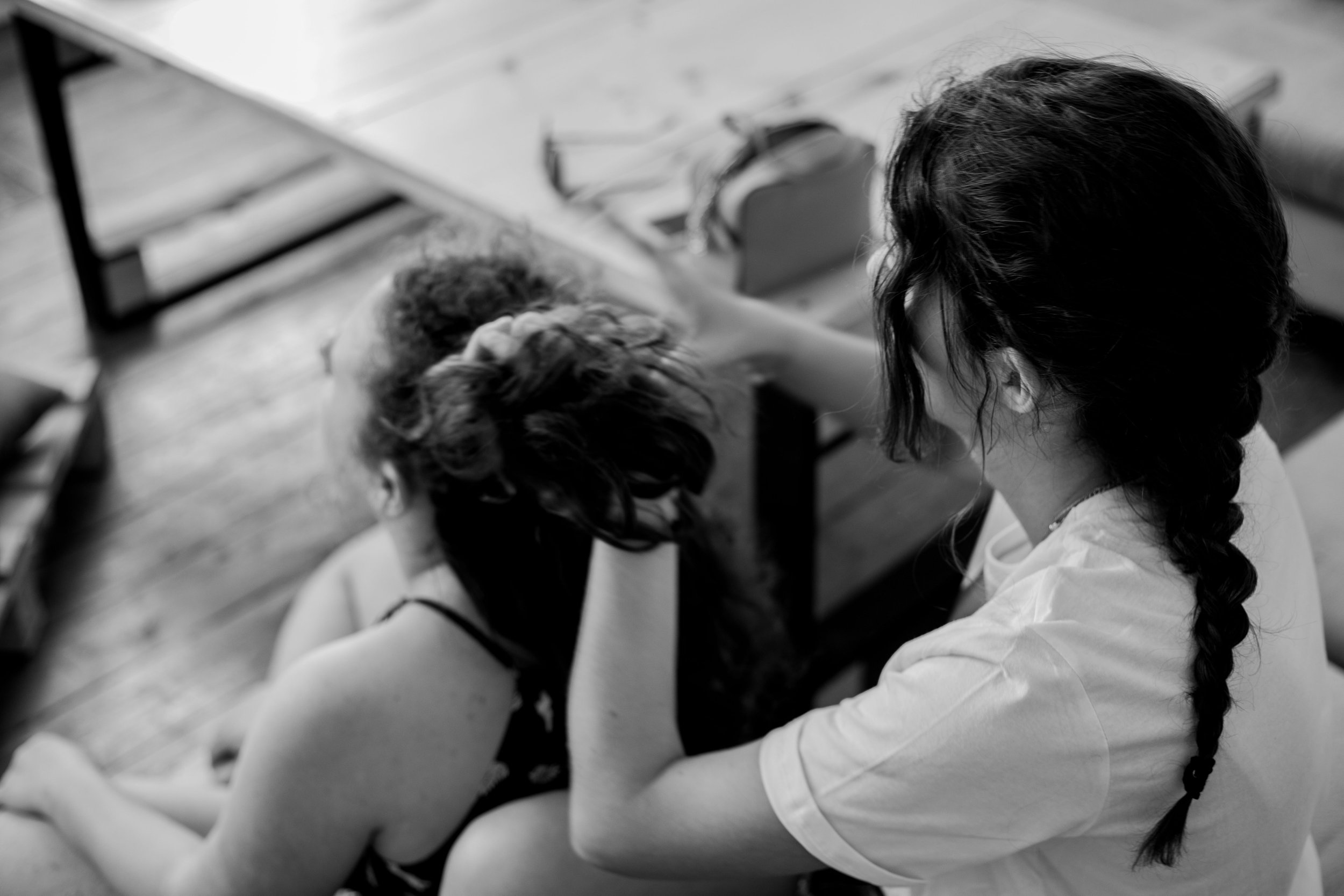Why Eating Is Emotional — And Why That’s Not a Problem to Fix
From the very first moments of life, as you suckled, you were perfectly set up to connect with food as a nourishing, comforting, and deeply emotional experience. That instinctive bond between food and feelings was never meant to be a problem. In fact, it’s part of what makes us human.
But over the years, cultural conditioning and diet messaging have eroded that beautiful connection — leaving many feeling ashamed, confused, or even broken when it comes to food. If that resonates with you, you are absolutely not alone.
Let’s explore why eating is emotional — and why, rather than battling this truth, it might be time to reclaim it.
Food as Comfort Starts Early — and That’s Not a Flaw
As a baby, food was your first experience of nurture and connection. And as you grew, that association was reinforced. Perhaps food was used to soothe you after an upset, or offered as a reward when you were ‘good.’ Over time, your brain learnt a simple and very human message:
"Food helps me feel better."
This is not a personal failing — it’s a natural pattern. And in a culture that rarely teaches us how to sit with or process difficult emotions, emotional eating becomes one of the few coping tools many of us have.
Layer Upon Layer of Conditioning
As you moved through childhood and adolescence, the emotional layers around food grew thicker. You absorbed comments about calories, ‘bad’ foods, and weight. Maybe you watched people you love go on diets, restrict meals, or celebrate their ‘willpower.’ Perhaps you were praised for eating less — or shamed when you didn’t.
And so the idea was planted:
"If I can just have more willpower, I’ll be good enough."
But here's the twist: all the foods labelled as ‘bad’ were also the ones people seemed to crave the most. They were the treats, the rewards, the emotional salves — so of course your brain linked them with comfort, relief, and joy.
Willpower Was Never the Problem
Fast forward to adulthood, and many women feel stuck in a painful loop:
You crave sweet or comforting foods during stress, boredom, or when you’ve ‘earned it.’
But instead of satisfaction, you're left with guilt.
You vow to be stronger, to stick to the plan… but the cycle repeats.
Add in social media, endless diet advice, and the highlight reels of others’ ‘perfect’ lifestyles, and it’s no wonder food feels so fraught.
You’re not weak.
You’re not lacking discipline.
You’ve just been fed (pun intended) a narrative that was never yours to begin with.
It Doesn’t Have to Be This Way
You’re a smart, capable woman. You know what success feels like in other areas of your life — but when it comes to food, it feels like you’re constantly failing.
You want peace.
You want freedom.
You want to feel good in your body and confident in how you eat.
But no matter how many plans or diets you’ve tried, it still feels noisy in your head. That internal dialogue is exhausting — and isolating.
Here’s the truth I share with every client I work with: you are absolutely not alone.
In fact, many of the women in your life likely feel the same — they just aren’t saying it out loud.
Yes, Eating Is Emotional — and That’s Something to Celebrate
The solution isn’t to eliminate the emotional side of eating. The solution is to understand it — and build a new relationship with food that works for you, not against you.
That means asking important questions, like:
What does a balanced meal actually mean for me?
How do my hormones influence my hunger, cravings, and mood?
Can I recognise when I’m truly hungry or full?
What beliefs about food and my body have I absorbed over the years — and do they still serve me?
What am I truly needing in those emotional eating moments?
Most of us were never taught this. But that doesn’t mean it’s too late to learn.
A New Way Is Possible
My work — especially through the Liberate: Food Freedom Programme — is about helping women just like you rebuild a more peaceful, joyful, and intuitive relationship with food. One that’s grounded in physiology, emotion, and practical strategies.
As one of my clients, Julie, described her experience:
“It’s as different as night and day — not just with food, but with how I feel about my body and my health too.”
This is not about more rules. It’s about coming home to yourself. Because food should add value to your life. It should be a source of pleasure, nurture, and yes — emotion.
Ready to Reclaim the Joy in Eating?
If you're tired of the confusion, guilt and food noise in your head, I invite you to take the first step toward a different way.
You can learn more about how I support women through Liberate: Food Freedom Programme — a self-paced programme designed to help you understand your physiology, honour your emotions, and build a truly nourishing relationship with food.
Because eating is emotional — and when you stop fighting that truth, you can finally find peace.




